The negotiator, US Special Envoy for Iran Robert Malley, has acknowledged that the issue of four Iranian dual nationals held in Iran was separate from the talks underway in Vienna intended to revive a 2015 nuclear deal, officially known as the Joint Comprehensive Plan of Action (JCPOA).
Malley, however, considered their release as a precondition for an agreement with Iran. All the prisoners in question have Iranian nationality though they also hold US citizenship. They all have been convicted of espionage on behalf of the US.
But Malley claimed that they are “hostages”.
“They're separate and we're pursuing both of them. But I will say it is very hard for us to imagine getting back into the nuclear deal while four innocent Americans are being held hostage by Iran,” the chief US negotiator told Reuters.
He further said that the US was conducting talks indirectly with Iran on the prisoner’s issue in parallel with the nuclear talks.
Malley made the remarks in a joint interview with Barry Rosen, a 77-year-old former US diplomat who has been spearheading a protest just outside the hotel at which the Vienna talks are taking place. Rosen went on a hunger strike in Vienna to demand the release of American prisoners in Iran. He was joined by a number of Iranian dissidents and some former prisoners in Iran such as Nizar Zakka.
Iran hasn’t ruled out a prisoner swap with the US but said it will by no means accept the US setting the release of prisoners as a precondition for making a deal in Vienna. This position derives from a belief that the US is seeking to exploit the situation in Vienna to secure the release of prisoners who are convicted of espionage.
For example, Zakka was released in 2019 from an Iranian prison after being convicted of spying for the US He was arrested in Tehran in 2015 and then released from prison in June 2019. In private meetings, Zakka had repeatedly confessed that he was spying for the US government.
The Tehran Times recently reported that Zakka had submitted on April 20, 2020 an application for naturalization with US Citizenship and Immigration Services (USCIS). The answer he received from the agency was so disappointing to him that he decided to reach out to some influential people in Washington, including Malley, to save what can be saved.
After reviewing the application of Zakka for naturalization, the USCIS turned down his request and denied his naturalization. The main reason why his application for naturalization was turned down was that he was physically absent from the United States for a long time. Zakka obtained permanent resident status in mid-April 2012, and in April 2020 he submitted his application to USCIS, which in turn rejected his application due to his long-time absence from the US.
To convince officials with the USCIS that he deserved naturalization despite his long-time absence from the US, Zakka lodged an appeal against the decision of the USCIS.
In his appeal, Zakka explicitly confessed that he was imprisoned in Iran due to his work with the US government. He described his trip to Iran during which he was arrested as pre-approved and funded by the US State Department, according to insiders in Washington.
To overcome the Kafkaesque USCIS denial of his application for naturalization, Zakka in his appeal delved deeply into what he had done in Iran before his arrest. Zakka said he was performing work under a contract with the US State Department and was regularly reporting to it.
He also confessed that he served in a security-related position while implementing a mission that required significant security measures.
These are all words that were uttered by Zakka himself. Of course, Iran has long said that Zakka was caught red-handed during his trip to Iran. But many in Washington as well as in the media refused to believe how far Zakka went in his perilous activities in Iran.
First published in Tehran times

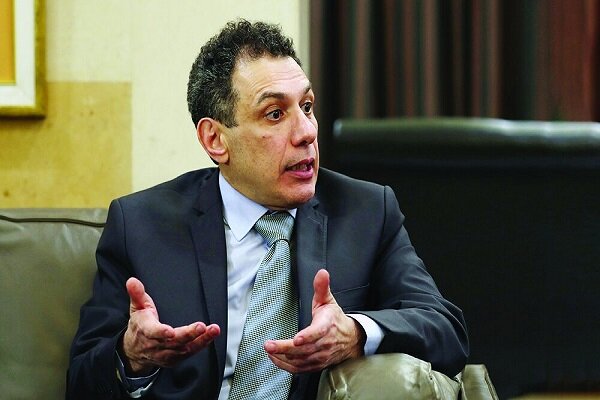
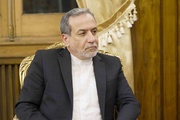
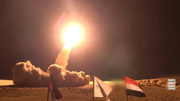
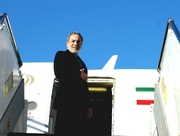
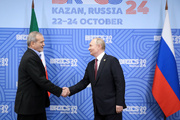
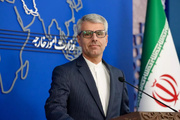
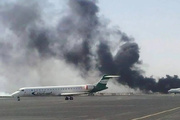
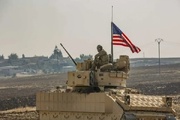
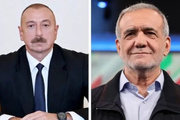
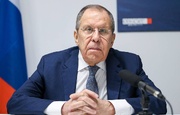




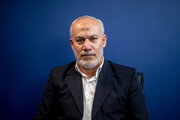

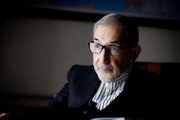
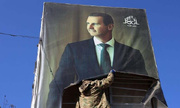




Your Comment